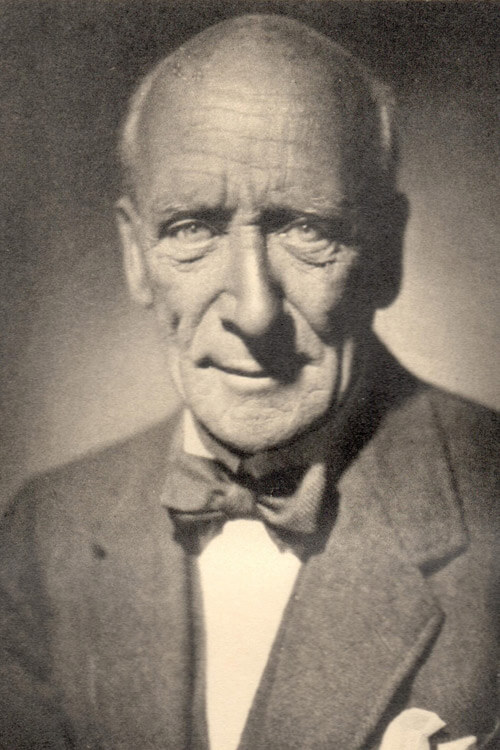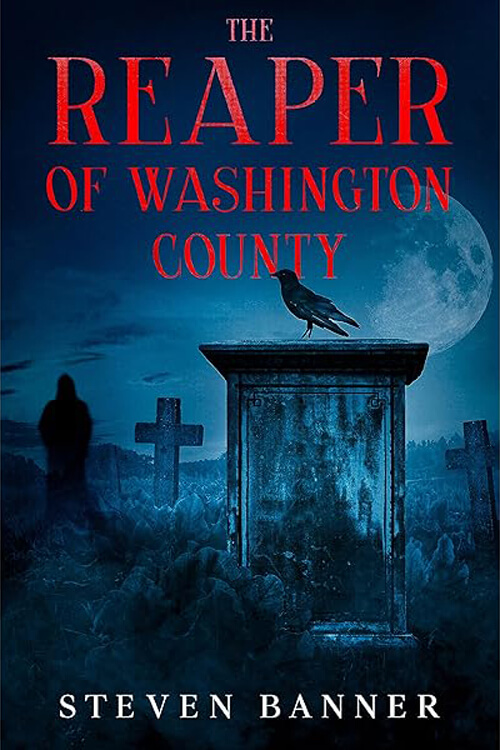
Algernon Blackwood
Algernon Henry Blackwood, CBE (14 March 1869 – 10 December 1951) was an English broadcasting narrator, journalist, novelist, and short story writer, and among the most prolific ghost story writers in the history of the genre. The literary critic S. T. Joshi stated, “His work is more consistently meritorious than any weird writer’s except Dunsany’s” and that his short story collection Incredible Adventures (1914) “may be the premier weird collection of this or any other century”.
Life and work
Blackwood was born in Shooter’s Hill (now part of southeast London, then part of northwest Kent). Between 1871 and 1880, he lived at Crayford Manor House, Crayford and he was educated at Wellington College. His father, Sir Stevenson Arthur Blackwood, was a Post Office administrator; his mother, Harriet Dobbs, was the widow of the 6th Duke of Manchester. According to Peter Penzoldt, his father, “though not devoid of genuine good-heartedness, had appallingly narrow religious ideas.” After Algernon read the work of a Hindu sage left behind at his parent’s house, he developed an interest in Buddhism and other Eastern philosophies. Blackwood had a varied career, working as a dairy farmer in Canada, where he also operated a hotel for six months, as a newspaper reporter in New York City, bartender, model, journalist for The New York Times, private secretary, businessman, and violin teacher. During his time in Canada, he also became one of the founding members of the Toronto Theosophical Society in February 1891.
Throughout his adult life, he was an occasional essayist for periodicals. In his late thirties, he moved back to England and started to write stories of the supernatural. He was successful, writing at least ten original collections of short stories and later telling them on radio and television. He also wrote 14 novels, several children’s books, and several plays, most of which were produced, but not published. He was an avid lover of nature and the outdoors, as many of his stories reflect. To satisfy his interest in the supernatural, he joined The Ghost Club. He never married; according to his friends, he was a loner, but also cheerful company.
Jack Sullivan stated that “Blackwood’s life parallels his work more neatly than perhaps that of any other ghost story writer. Like his lonely but fundamentally optimistic protagonists, he was a combination of mystic and outdoorsman; when he wasn’t steeping himself in occultism, including Rosicrucianism, or Buddhism he was likely to be skiing or mountain climbing.” Blackwood was a member of one of the factions of the Hermetic Order of the Golden Dawn, as was his contemporary Arthur Machen. Cabalistic themes influence his novel The Human Chord.
His two best-known stories are probably “The Willows” and “The Wendigo”. He would also often write stories for newspapers at short notice, with the result that he was unsure exactly how many short stories he had written and there is no sure total. Though Blackwood wrote many horror stories, his most typical work seeks less to frighten than to induce a sense of awe. Good examples are the novels The Centaur, which reaches a climax with a traveler’s sight of a herd of mythical creatures; and Julius LeVallon and its sequel The Bright Messenger, which deal with reincarnation and the possibility of a new, mystical evolution of human consciousness. In correspondence with Peter Penzoldt, Blackwood wrote.





